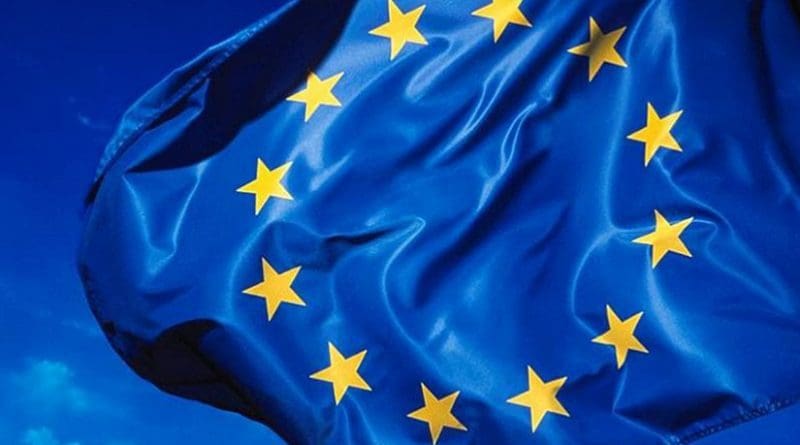Commission To Crack Down On Data Misuse Ahead Of European Elections
By EurActiv
By Samuel Stolton
(EurActiv) — The European Commission is set to announce plans to clamp down on the misuse of personal data retrieved from social networks in the run-up to the 2019 European Elections, the Financial Times reported on Sunday (26 August).
The move comes after the Cambridge Analytica scandal made headlines earlier this year with the company’s acquisition of personal data from Facebook users causing outrage.
The Financial Times wrote that the European Commission will draft an amendment prohibiting European political parties from harvesting online data as a means to make strategic headway in next year’s elections. Any potential amendment would require the approval of EU governments as well as the European Parliament.
A Commission spokesperson, contacted by EURACTIV, could not offer any specific details.
Punitive measures for companies that fail to comply with the new rules could include fines amounting to 5% of a political party’s budget. Details are still being thrashed out but stakeholders are keen to conclude the process as early as possible, due to the approaching European elections in May of next year, the newspaper said.
Other details that could feature in the proposals include measures against ‘micro-targeting’, the practice of contacting social media users directly without their consent. Britain’s Institute of Practitioners in Advertising (IPA) earlier this year called for a moratorium on the act of micro-targeting in particular.
IPA President Sarah Golding said in a press release: “Politics relies on the public square – on open, collective debate. We, however, believe micro-targeted political ads circumvent this. Very small numbers of voters can be targeted with specific messages that exist online only briefly.
“In the absence of regulation, we believe this almost hidden form of political communication is vulnerable to abuse,” she said.
A July report published by the Information Commissioner’s Office, the UK’s government data protection authority, set out policy recommendations to address the issue of mining personal data for electoral gain.
Calls for greater regulation in the misuse of data during election campaigns come after Estonia’s Information System Authority recently published a report suggesting that the 2019 European Elections are at a critical risk of cyberattacks.
The study makes reference to ‘auxiliary systems’ as ‘political parties or government agencies’ that attempt to influence voting habits by covert means.
Julian King, the EU’s Commissioner for Security, has highlighted the challenges to the integrity of elections in light of technological advances that influence voting habits and compromise the very integrity of the electoral procedure:
“Preventing our democratic processes, the very building blocks of our society, from being affected is not a concern for the future,” he said. “It is a task of the utmost importance now, one that requires immediate action.”

